The Ministry of Education and Research announced on Friday the launch of the National Programme for the systematic piloting of framework plans for secondary education.
The Programme is aimed at secondary education institutions - state, private or denominational - provided that they operate under a full-time education system, including those offering teaching in the languages of national minorities, classes with intensive or bilingual study, units operating on the basis of governmental agreements, special secondary education units or those implementing various educational alternatives.
According to representatives of the Ministry of Education and Research, the pilot interventions can be adopted and adapted for all tracks, profiles and existing specialisations / professional qualifications within an educational unit, or for a selected part of them, including a selected group of classes with the same profile or the same specialisation/professional qualification.
"We are taking an important step in the area of decentralisation in pre-university education and I hope that as many principals as possible will want to take this step, testing educational innovations and new curricular models. We already have the new framework plans approved, but we are giving schools the opportunity to innovate and to make their own offer more flexible as part of this programme. We need to adopt the logic of the 'school for children' and this piloting is one of the ways through which we can 1) give real meaning to school, through a curricular architecture that responds to the particularities of the children it serves and 2) have schools adapted to the world we live in, through the flexibility that this piloting can provide," Education and Research Minister Daniel David said.
The minimum duration of the piloting is five years and the deadline for registration is 15 January 2026.
"All proposals must observe the rights of pupils enrolled in the pilot-units, as established by the ROFUIP [the Framework Regulation for the organization and functioning of pre-university education units] and the Student Statute: access to education, assessment, transfer and participation in national evaluations and examinations," the quoted source said.

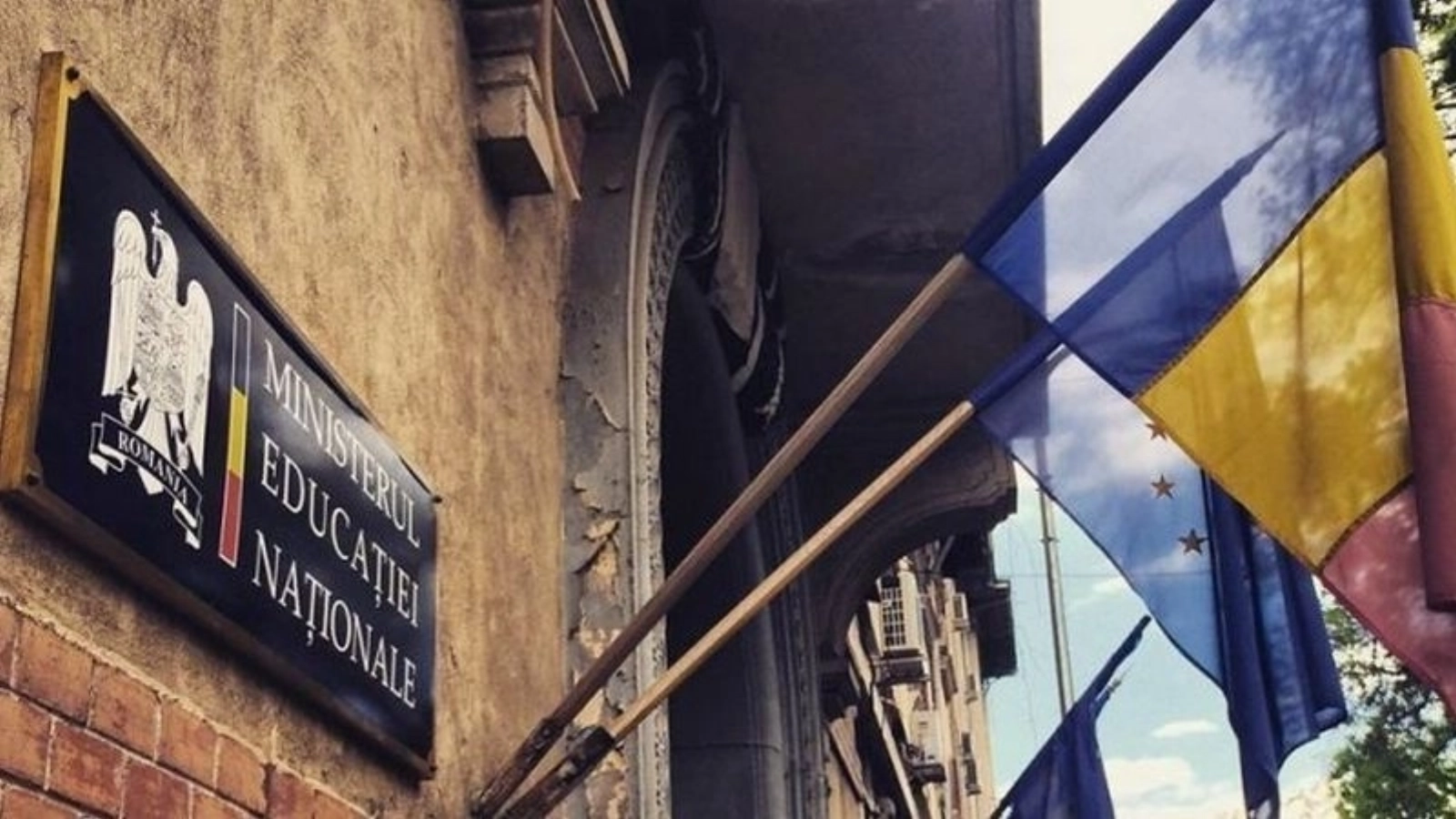

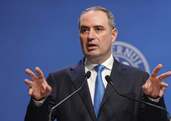
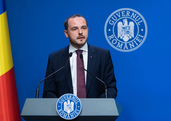




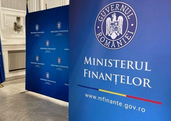

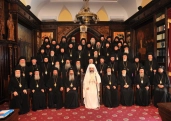
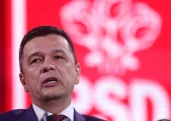







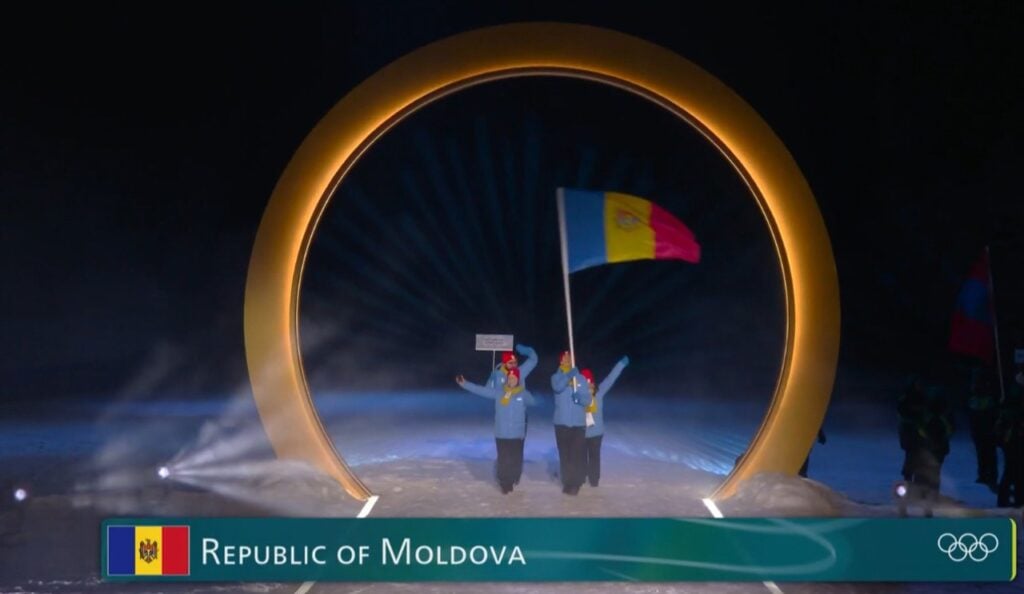











Comentează